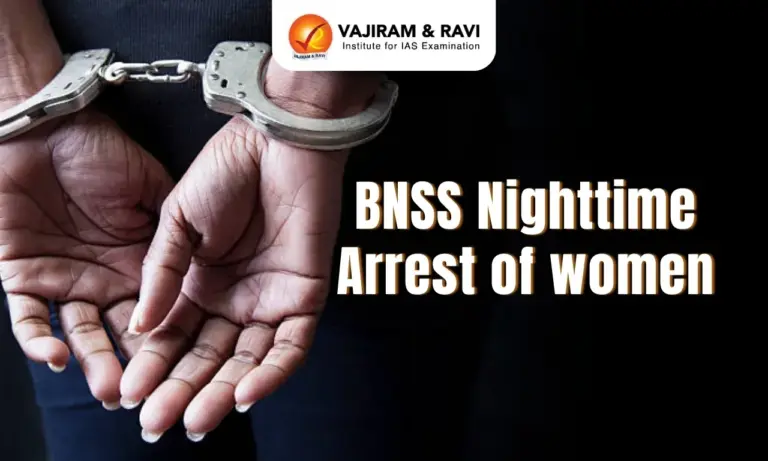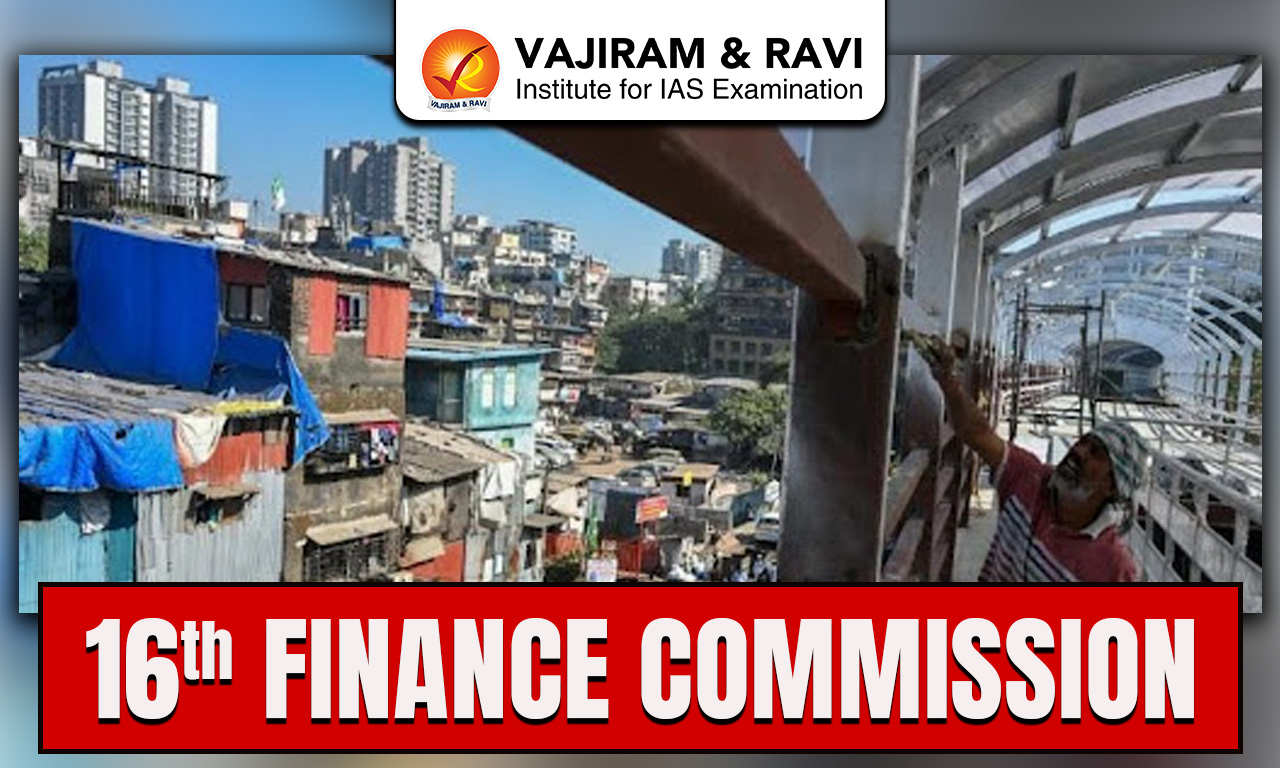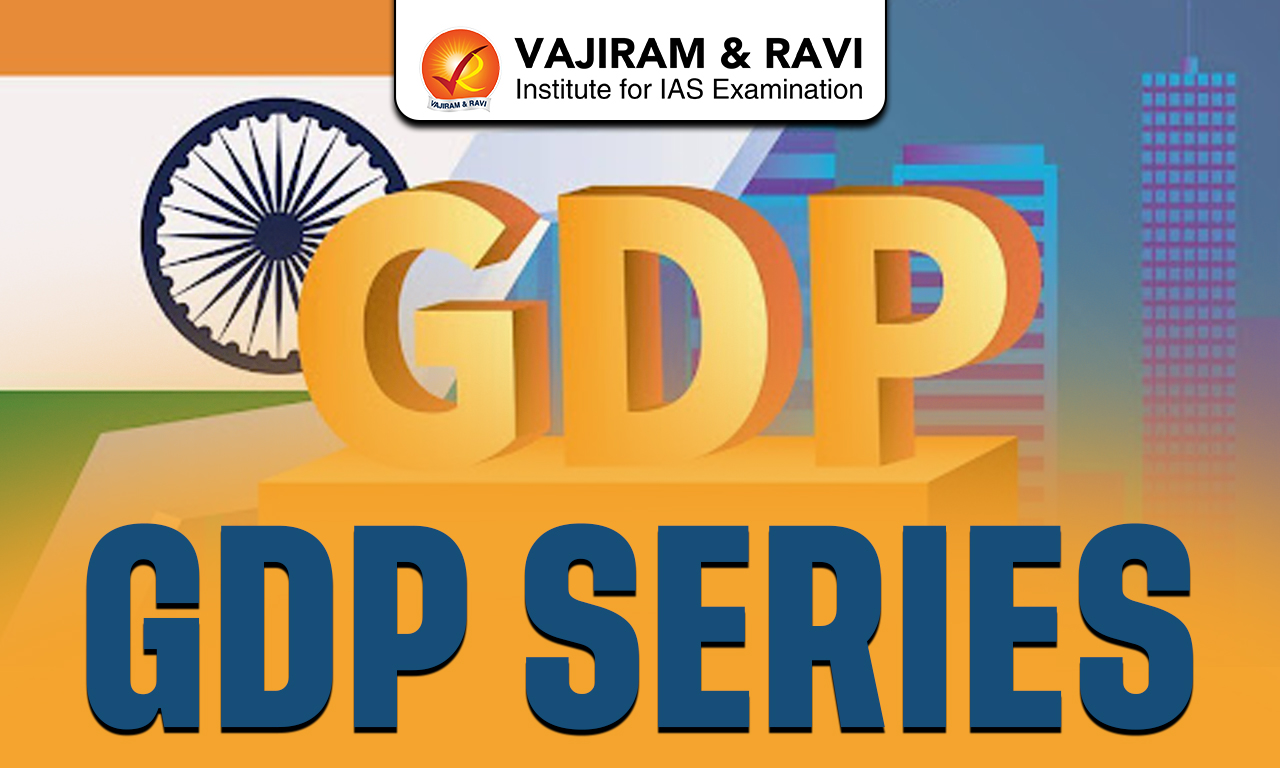What’s in Today’s Article?
- India’s Textile Industry Latest News
- BNSS Nighttime Arrest of Women Latest News
- Safeguards for Arresting Women at Night
- Madras High Court’s Ruling on Section 46(4) of CrPC
- Section 46(4) of CrPC – Background
- Supreme Court’s View on Arresting Women at Night
- Impact of the Madras HC Ruling
- BNSS Nighttime Arrest of Women FAQs
BNSS Nighttime Arrest of Women Latest News
- The Madurai Bench of the Madras High Court ruled that the provision in the Bharatiya Nagarik Suraksha Sanhita (BNSS), 2023, restricting the arrest of women at night is directory, not mandatory.
- While a single Judge deemed an 8 PM arrest a violation of Section 46(4) of the CrPC, a two-Judge Bench later held that the provision was not absolute.
Safeguards for Arresting Women at Night
- Two safeguards are provided under Section 43(5) of BNSS (which corresponds to Section 46(4) of CrPC) for the arrest of a woman by the police.
Restriction on Arrest Timing
- No arrest of a woman shall be made after sunset and before sunrise, except in exceptional circumstances.
Magistrate’s Permission Requirement
- In exceptional circumstances, a woman police officer must obtain prior written permission from the jurisdictional magistrate before making the arrest.
Protection Against Physical Contact
- The arresting officer must not touch the woman unless it is a woman police officer or circumstances require it.
Lack of Definition for ‘Exceptional Circumstances’
- Section 46(4) of CrPC ensures the safety of women but does not explicitly define what qualifies as an exceptional situation, leading to ambiguity in its application.
Madras High Court’s Ruling on Section 46(4) of CrPC
- Non-Mandatory Nature of the Provision
- The Court observed that Section 46(4) of CrPC does not specify consequences for non-compliance, indicating that it is directory, not mandatory.
- Public Duty of Police Officers
- Arresting officers perform a public duty, and strict adherence to procedure should not hinder law enforcement.
- Practical Challenges in Heinous Cases
- In cases of serious crimes committed by women at night, immediate arrest may be necessary, especially if a magistrate is unavailable.
- Delayed action could lead to the accused escaping, which may compromise public interest.
Section 46(4) of CrPC – Background
- 135th Law Commission Report (1989)
- Recommended that women should not be arrested after sunset and before sunrise.
- In exceptional cases, prior permission from the immediate superior officer was required.
- In urgent cases, an arrest report with reasons had to be submitted to the superior officer and the magistrate.
- 154th Law Commission Report (1996)
- Reaffirmed the recommendations of the 135th report regarding the arrest of women.
- Incorporation into CrPC (2005)
- Based on these recommendations, Section 46(4) was added to the Code of Criminal Procedure (CrPC) with modifications to enhance safeguards for women.
Supreme Court’s View on Arresting Women at Night
- Earlier, the Nagpur Bench of the Bombay High Court directed that no woman should be detained without a lady constable and never after sunset or before sunrise.
- The Supreme Court noted that strict adherence to this rule might cause practical difficulties in certain situations.
Impact of the Madras HC Ruling
- Provision is Directory, Not Mandatory
- The Court clarified that Section 46(4) of CrPC/43(5) of BNSS is directory, meaning non-compliance does not automatically make an arrest illegal.
- Obligation to Justify Non-Compliance
- While failure to follow the provision does not invalidate an arrest, the arresting officer must provide a valid explanation for not complying with the safeguards.
- Need for Clear Guidelines
- The Court directed police authorities to issue guidelines defining what constitutes “exceptional circumstances” to ensure the provision is not misused or ignored.
BNSS Nighttime Arrest of Women FAQs
Q1. What is the purpose of BNSS?
Ans. BNSS aims to modernize criminal laws, ensuring efficiency, transparency, and better protection of citizens’ rights in India.
Q2. What is FIR under BNSS?
Ans. FIR (First Information Report) under BNSS follows a digital process, ensuring quicker registration and enhanced tracking of criminal cases.
Q3. What is the CrPC and IPC?
Ans. CrPC governs criminal procedure, while IPC defines crimes and their punishments in India’s legal framework.
Q4. What is the difference between CrPC and BNSS?
Ans. BNSS replaces parts of CrPC, introducing digital reforms, stricter laws, and procedural updates for modern law enforcement.
Q5. What is Section 46 of the CrPC?
Ans. Section 46 of CrPC outlines legal procedures for arrest, including safeguards for women and restrictions on nighttime arrests.
Last updated on February, 2026
→ UPSC Notification 2026 is now out on the official website at upsconline.nic.in.
→ UPSC IFoS Notification 2026 is now out on the official website at upsconline.nic.in.
→ UPSC Calendar 2026 has been released.
→ UPSC Final Result 2025 is expected to be released in the first week of March 2026.
→ Check out the latest UPSC Syllabus 2026 here.
→ Join Vajiram & Ravi’s Interview Guidance Programme for expert help to crack your final UPSC stage.
→ UPSC Mains Result 2025 is now out.
→ UPSC Prelims 2026 will be conducted on 24th May, 2026 & UPSC Mains 2026 will be conducted on 21st August 2026.
→ The UPSC Selection Process is of 3 stages-Prelims, Mains and Interview.
→ Prepare effectively with Vajiram & Ravi’s UPSC Prelims Test Series 2026 featuring full-length mock tests, detailed solutions, and performance analysis.
→ Enroll in Vajiram & Ravi’s UPSC Mains Test Series 2026 for structured answer writing practice, expert evaluation, and exam-oriented feedback.
→ Join Vajiram & Ravi’s Best UPSC Mentorship Program for personalized guidance, strategy planning, and one-to-one support from experienced mentors.
→ Check UPSC Marksheet 2024 Here.
→ UPSC Toppers List 2024 is released now. Shakti Dubey is UPSC AIR 1 2024 Topper.
→ Also check Best UPSC Coaching in India


















